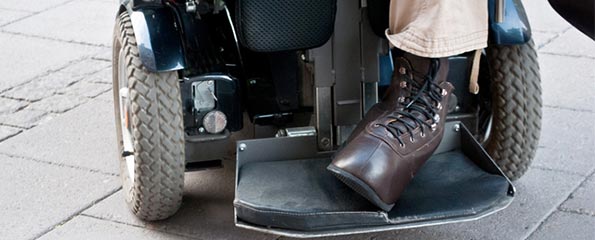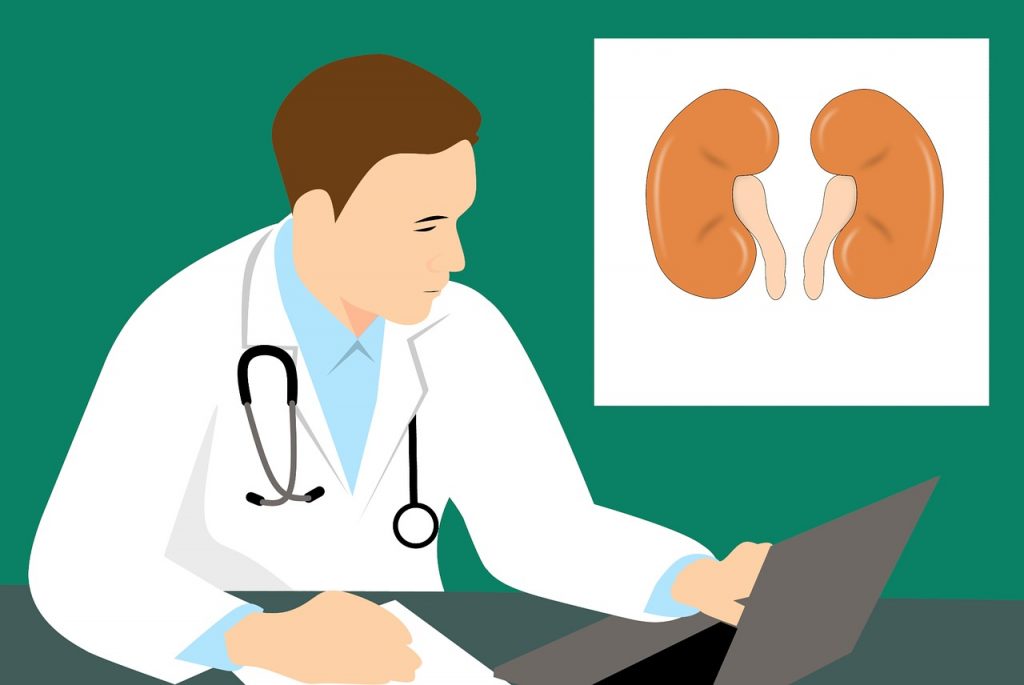This study is designed to quantify the long-term medical and psychosocial implications of living kidney donation. The short-term consequences of living donation are well established. On the other hand the long-term consequences of living kidney donation are far less certain. The main medical concerns of living kidney donation include an increased risk of hypertension, proteinuria, and low glomerular filtration rate (GFR- a measure of the filtering capacity of the kidney). Estimates of these outcomes are variable, inconsistent, and uncertain in the literature.
Official Title
The Long-Term Medical and Psychological Implications of Becoming a Living Kidney Donor: A Historical Matched Cohort Study
Conditions
Kidney Diseases
Study Type
Observational
Study Design
Natural History, Longitudinal, Defined Population, Retrospective Study
Further Details
Study Start
May 2004; Expected completion: December 2007
Eligibility & Criteria
- Ages Eligible for Study: 18 Years and above
- Genders Eligible for Study: Both
- Accepts Healthy Volunteers
Inclusion Criteria:
- Age greater than 18 years old
- Living kidney transplant occurred between 1970 and 2005
- At least one GFR assessment at baseline (by predictive equation, 24 hour creatinine clearance, or radio-nuclear technique) and no evidence of a GFR less than 80 mL/min/1.73m2 with any measurement
- At least one history and blood pressure measurement at baseline, with no evidence of:a history of hypertension or use of antihypertensive class medications for any reason
- At least one assessment of urine protein at baseline (by 24 hour urine, random urine dipstick, random urine protein to creatinine ratio, or early morning urine protein) with no evidence of: a 24 hour urine protein greater than 150 mg/day, a random or morning urine albumin to creatinine ratio greater than 37.8 mg/mmol, a random or morning urine albumin concentration greater than 33.6 mg/L, or a random or morning urine dipstick protein result of 0.3 g/L (1+) or greater
Exclusion Criteria:
- The eligible non-donor had a medical condition (such as cardiovascular disease, pulmonary disease, or active cancer) which made them unfit to donate. Blood group and immunological incompatibility (such as positive cross-match, poor HLA matches) are not reasons for exclusion.
- The eligible non-donor subsequently went on to donate a kidney
- The donor and the eligible non-donor had their transplantation work-up over 2 years apart
- Either the donor or the eligible non-donor are unable to give informed consent
- Either the donor or eligible non-donor are unwilling to come to a transplant centre for assessment
- An incomplete pair of a living donor and an eligible non-donor
- The living donor or eligible non-donor is currently pregnant
- Tory Roberts tory.roberts@health.wa.gov.au
- Lesley Hayes lesley.hayes@health.wa.gov.au
Total Enrolment
100
Contact Details
Sir Charles Gairdner Hospital, Nedlands, Western Australia, 6009, Australia; Recruiting
All content and media on the HealthEngine Blog is created and published online for informational purposes only. It is not intended to be a substitute for professional medical advice and should not be relied on as health or personal advice. Always seek the guidance of your doctor or other qualified health professional with any questions you may have regarding your health or a medical condition. Never disregard the advice of a medical professional, or delay in seeking it because of something you have read on this Website. If you think you may have a medical emergency, call your doctor, go to the nearest hospital emergency department, or call the emergency services immediately.







